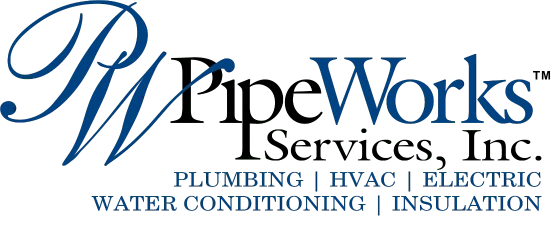Dealing with snow-laden roofs, ice dams, and slippery driveways provide more than enough winter misery without the added frustration, mess, and expense caused by frozen, ruptured water pipes. Simply put, the best way to deal with frozen pipes is to prevent them. All you have to do is:
- Insulate any hot and cold pipes running through places where icy air can easily reach them, like your garage, attic, and basement, or relocate them into conditioned space within the home.
- Have an indoor shut-off installed for your hose spigot and close it in the fall. When you do, open the outdoor faucet to drain the pipe and leave it open so there’s no chance of a pressure buildup if the line freezes.
- While you’re outdoors, drain the water lines going to your sprinkler system and swimming pool.
- Keep icy winter air outdoors where it belongs by sealing up holes, gaps, and cracks around your home’s exterior, foundation, and each of your entry points.
- When the weatherman predicts frigid temperatures, take some extra steps to keep water flowing in your pipes, like letting your faucets drip and opening the cabinet doors beneath all of your sinks.
Defrosting frozen water pipes can take several hours, so you’ll need to get busy right away to prevent a rupture. First, turn on the affected faucet halfway, and:
- If it’s an exposed pipe that’s frozen, feel along until you locate the section that seems extra icy cold. Now, set a blow dryer on high and blast that area with heat.
- If the frozen pipe is hidden behind a wall, dial up your thermostat to over 75 degrees. Then, set a space heater on high and face it towards the wall. For safety, place it at least 18 inches away.
- Whatever method you use, check your faucet flow every 30 minutes, and keep at it until the water is running freely again.
Do you need more tips on preventing and defrosting frozen water pipes in your New Jersey home? Contact Pipe Works Services today. We service Chatham, Morristown, Basking Ridge, Union, and the surrounding areas!




